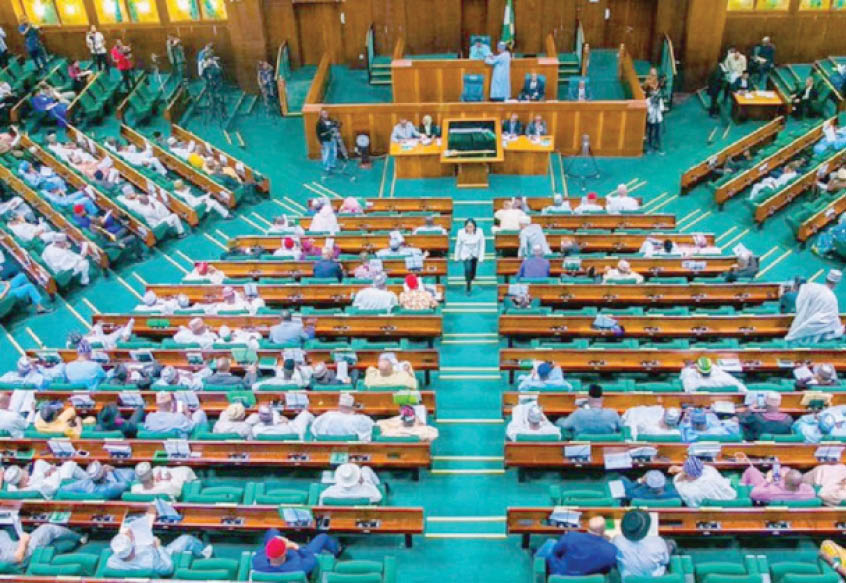The Nigerian House of Representatives Committee on Constitution Review has received 305 memoranda and 112 bills.
Deputy Speaker Benjamin Kalu disclosed this development, marking a critical step in addressing the nation’s legislative and governance challenges.
Senate President Godswill Akpabio affirmed the 10th National Assembly’s commitment to creating a constitution that meets Nigerians’ collective needs. Speaking at a two-day retreat in Ikot Ekpene, Akwa Ibom State, Akpabio urged lawmakers to diligently review all bills and proposals, ensuring they reflect the diverse perspectives of the Nigerian populace.
Akpabio emphasized that the new constitution would establish a framework for a united and prosperous Nigeria. He highlighted the importance of leveraging the constitution amendment exercise to shape the country’s future, especially with key political figures, including the Vice President and President, having legislative backgrounds.
Kalu, who also chairs the House Committee on Constitution Review, identified local government autonomy, judicial reforms, electoral matters, state police, gender equality, and human rights as top priorities for amendment. The committee’s extensive public engagements, including consultations with various stakeholders, have informed these focus areas.
The committee has enlisted experts to address specific themes: Prof Nuhu Jamo for local government matters, Barr Mike Osuman (SAN) for judiciary issues, Samson Osagie for electoral matters, Usman Ibrahim for state police, Prof Anthonia Simbine for gender issues, Chris Uche (SAN) for human rights, and Prof Yusuf M Yusuf for special matters.
Governor of Akwa Ibom State, Pastor Umo Eno, represented by Deputy Governor Akon Eyakenyi, supported state police establishment and devolution of powers. Eno highlighted the need for a proper federation, addressing over-centralization and promoting sub-national development based on unique local endowments.
Chairman of the Conference of Speakers of State Legislatures of Nigeria, Adebo Ogundoyin, stated the importance of state police, local government autonomy, resource control, and revenue allocation. He called for addressing these fundamental national issues through constitutional amendments to enhance governance and accountability.



